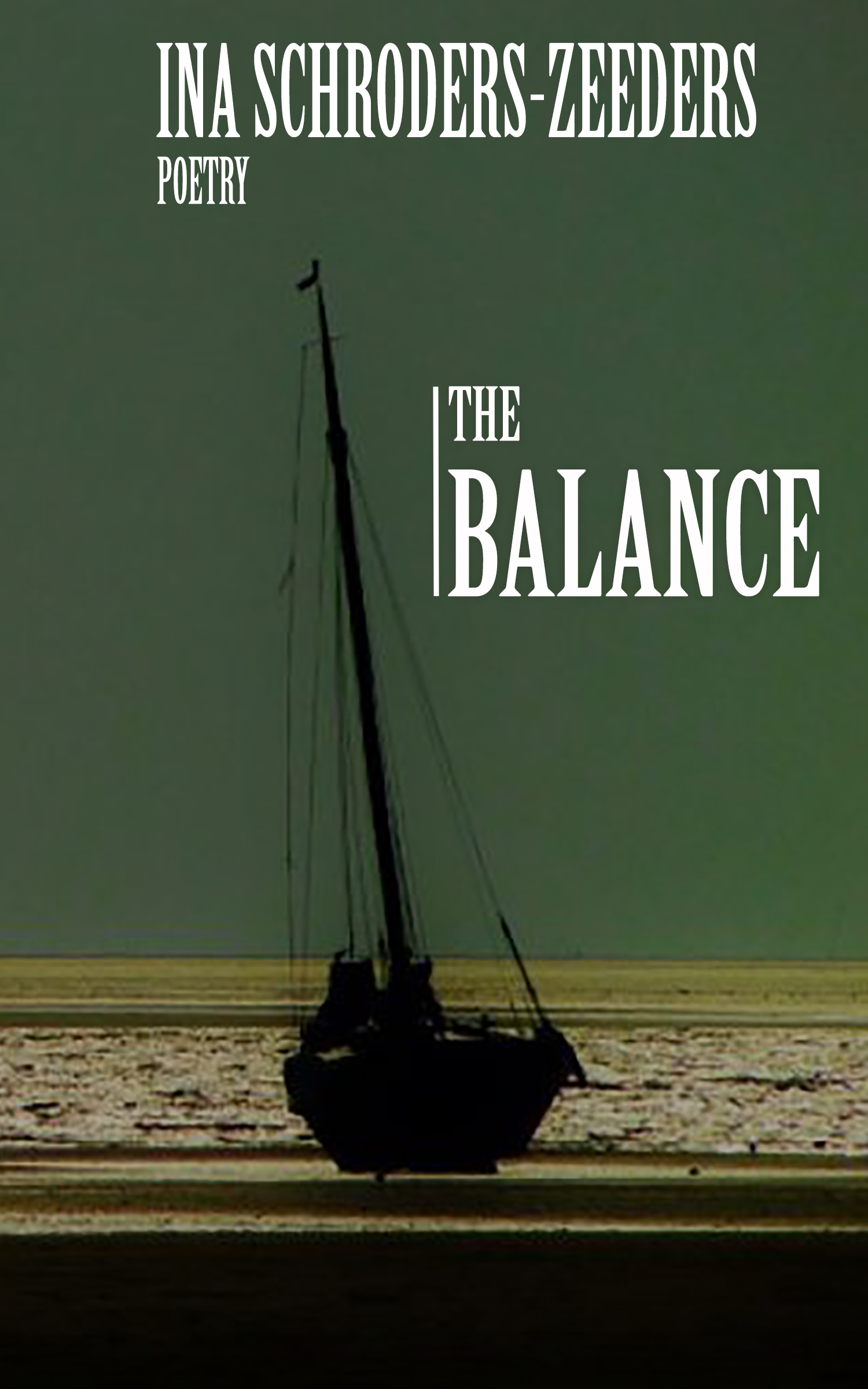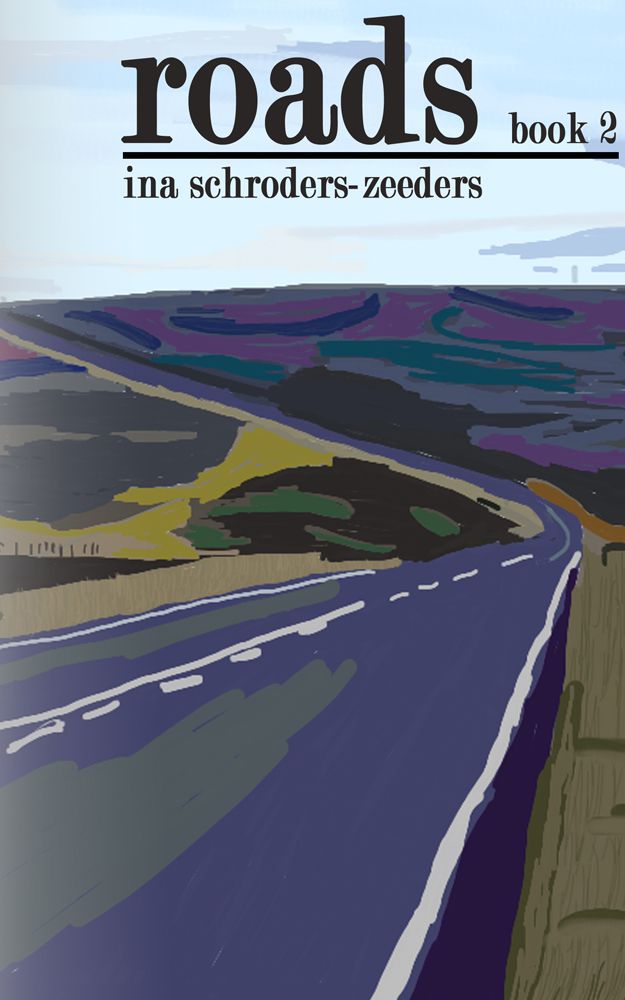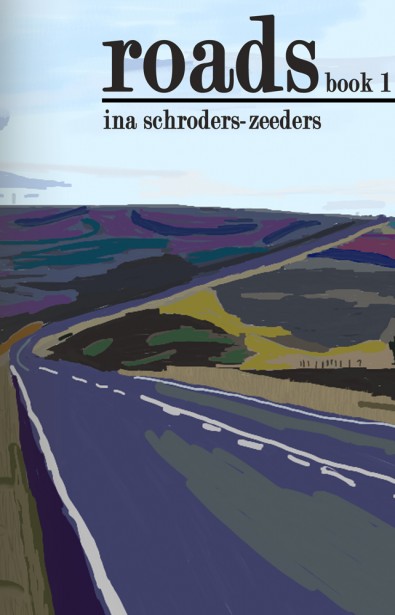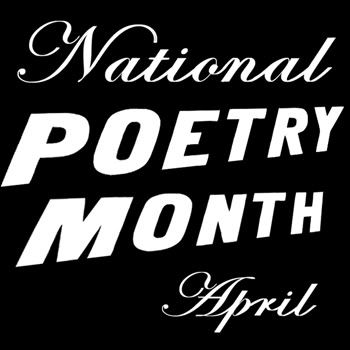“After completing my 39th bombing operation, on April 25, 1945, to Hitler’s hideout, in daylight, aircrews were asked to take out all the ammunition and guns from our Lancasters because an agreement had been reached with the Germans to allow us to drop food to the starving Dutch. April 29 was the first of six operations to Valkenburg, Delft and Rotterdam, dropping food. — Harry Parkins, Warrant Officer Flight Engineer, 576 Squadron RAF Fiskerton

I don’t know if you can see it, but on this pic it says Many Thanks in tulips.
Lancaster bombers in WWII not only dropped bombs, in Operation Manna, they also dropped food. ”
Alied bombers in WOII got a lot of criticism for the bombing of towns full of citizens, for instance, of Dresden. Now I think those bombings were awfull but needed to end a war that was gross.
From 29 April to the end of World War II in Europe on 8 May 1945, Operations Manna and Chowhound took place. These two operations – Manna by the Royal Air Force (29 April – 7 May) and Chowhound by the U.S. Air Force (1-8 May) – dropped a total of 11,000 tons of food into the still-unliberated western part of the Netherlands, with the acquiescence of the occupying German forces, to help feed civilians who were in danger of starvation in the Dutch famine. When this proved insufficient, Operation Faust was launched as well. On 2 May, 200 Allied trucks began delivering food to the city of Rhenen, behind German lines.
By early 1945, the situation was growing desperate for the three million or more Dutch still under German control. Prince Bernhard appealed directly to Allied Supreme Commander Dwight D. Eisenhower, but Eisenhower did not have the authority to negotiate a truce with the Germans. While the prince got permission from Prime Minister Winston Churchill and President Franklin D. Roosevelt, Eisenhower had Air Commodore Andrew Geddes begin planning immediately. On 23 April, authorization was given by the Chief of Staff, George Marshall.
Allied agents negotiated with Reichskommissar Arthur Seyss-Inquart and a team of German officers. Among the participants were the future Canadian writer Farley Mowat and the German commander-in-chief, General Blaskowitz. It was agreed that the participating airplanes would not be fired upon within specified air corridors.
The British operation started first. It was named after the food which was miraculously provided to the Israelites in the Book of Exodus. The planning of the whole operation was done first by the Royal Air Force.
The first of the two RAF Avro Lancasters chosen for the test flight, the morning of April 29, 1945, was nicknamed “Bad Penny,” as in the expression: “a bad penny always comes back”. This bomber, with a crew of seven young men (five from Ontario, Canada, including pilot Robert Upcott of Windsor, Ontario), took off in bad weather despite the fact that the Germans had not yet agreed to the ceasefire agreement (Seyss-Inquart would do so the next day). Bad Penny succeeded in dropping her precious cargo and the message, “mission accomplished”, was radioed, allowing Operation Manna to begin in earnest.
British aircraft from Groups 1, 3, and 8, consisting of 145 Mosquitoes and 3,156 Lancaster bombers, took part, flying between them a total of 3,298 sorties.
The drop zones, marked by Mosquitoes from Squadrons 105 and 109, were: Leiden (Valkenburg airfield), The Hague (Duindigt horse race course and Ypenburg airfield), Rotterdam (Waalhaven airfield and Kralingsche Plas) and Gouda.
Bomber Command delivered a total 6,680 tons of food. These bombers were used to dropping bombs from 6000 m, but this time they had to do their job from a height of 150 m, some even flying as low as 120 m, as the cargo did not have parachutes.
The idea was for people to gather and redistribute the food, but some could not resist eating straight away, which caused some people to get sick and vomit, a result that fatty food can have in starved bodies. On the other hand, distribution sometimes took as long as ten days, resulting in some getting the food only after the liberation. Nevertheless, many lives were saved, and it gave hope and the feeling that the war would soon be over.
Earlier, there had been a distribution of white bread made from Swedish flour that was shipped in and baked locally. A popular myth holds that this bread was dropped from airplanes, but that is a mix-up between the two events. Also, the food was not dropped with parachutes, as is often said. I know people saying that the Swedish white bread they tasted then, was the best food they ever ate and in some peoples memories, the bread did come from the sky. But in fact, it was the flour.
On the American side, ten bomb groups of the US Third Air Division flew 2268 sorties beginning 1 May, delivering a total of 4000 tons. 400 B-17 Flying Fortress bombers of the United States Army Air Forces dropped 800 tons of K-rations during May 1-3, on Amsterdam Schiphol Airport.
My mother lived on a ship, together with her mother (and brother till he was sent to Norway by the Germans) they tried to manage through a war, but after my grandmother refused to work for the Organization Todt, a German logistic organization, they had to go into hiding, with ship and all. They did so in the Noordoostpolder, now land, then a swamp, and they got bombed occasionally by allied planes, who wanted to make sure the ships weren’t used for German warfare I suppose.
My mother was always the first to duck in the trenches; it was said she would duck as soon as a plane would leave England. One day her brother slept through a bombing while the bombs fell right in front of the ship, and he was in the front part of the ship.
The food that was dropped in the spring of 1945 made up for some of the bombings, as a lot of people were saved. Last night I watched a documentary about the alied bombers that are veterans now, in their eigthies and nineties. The man who bombed the Tirpitz as well. A thousand people died in that attack.
Should the bombers be honored with a statue, as they want now?
I think so, because of Operations Manna and Chowhound.
The people of Holland were grateful for the food droppings. David Crawford kindly sent me a photo of a porcelain plaque made by the Dutch in honour of the fooddrops, he bought it a few years ago. His cousin George Edward Stockdale was a Canadian who flew with 576 Squadron Elsham Wolds. He & his crew were killed on the night of the 16th June 1944 when the aircraft crashed to the west of Deelan Airfield which is North of Arnhem. David still remembers him standing in his Grandmothers kitchen helping to wash the dishes after Sunday lunch. His Squadron took part later, in “Operation Manna”. The plaque hangs on the wall at Davids home as a reminder of this wonderful event.It is 14 cm wide, 20 cm long.
thanks to wikip. also see: http://home.clara.net/heureka/lincolnshire/operation-manna.htm
also see: voedseldroppings

























Comments on: "Operation Manna" (25)
Another excellent post, Ina! I’ll bet your mother had many stories to tell you about the war. I’ve heard many from WWII vets over the years as well. Fortunately, we don’t, or shouldn’t I should say, have to live that way.
Many around here think if you’ve never been in the military you should be considered a non-citizen. They often forget people who served, like my own mother, though not directly on the government payroll. Many of the Vietnam vets that I have met are way different than the WWII vets. I suppose it’s the age group and the expectations that make the huge difference. Most I’ve met in that age group, including a friend I think most highly of, are a bit nutty. They are more into that drug/alcohol ’em and rehabilitate ’em mode, and often use way too much psychology for my liking. It seems as if many of them hate their parents for one reason or another (usually over silly stuff such as: My father would take us on Sunday drives…I just hated it! Or, my mother told my father when I started my period; I’ve never been able to forgive her). You get my drift…it’s always something-something to whine about.
I hope no one got hit by the flying flour sacks-guess that where the name Dough-head came from?
No idea lol, I haven’t read about it. 🙂
Fascinating post about a part of history that’s not so well know. Thanks.
Thank you blackwatertown. I can’t decipher what your avatar-pic is. 😦
Just to say , My cousin Ross was lost on ” Air operations” on the 28th April 44 ,a year later his SQN 166 based at Kirmington -North Lincolnshire proudly toke part in Operation Manna ,I cant read anything about this operation with out having moist eyes ! thinking about Our SQNS of Lancasters low flying Holland dropping food . I just wish the public became aware of it better !!! “TENACITY “
Hi Mike, it was a heroic thing to do, the people whose lives were saved, never forgot! Thank you very much for your comment.
Hi INa , I brought a book entitled “Memorys of a Miricle ” the Authour is Hans Onderwater, published by AD.Donker. It makes a real souvenir of the RAF at its bravest ,and heroics EG Flying Lancasters lower than Windmills ! . RAF Material used for Unoficial “Drops ” with Sweets Ect for the Dutch Children ,and The RAF Police turning a blind-eye Ha Ha ! . Thank-you for putting this web-site together Ina .Kind Regards Mike C
Hallo Mike, I found this on the net about the book. Thank you for mentioning it! http://books.google.nl/books?id=vgsYNtvg8ngC&pg=PA543&lpg=PA543&dq=memories+of+a+miracle+operation+manna&source=bl&ots=wdzIDp_v25&sig=5LD7Q2Vl_Ir3-MsFCTWinGcRUr0&hl=nl&ei=1CevTevzNYLoOcKt9eMB&sa=X&oi=book_result&ct=result&resnum=3&ved=0CCYQ6AEwAg#v=onepage&q=memories%20of%20a%20miracle%20operation%20manna&f=false
I am Willem i live in Katwijk near Valkenburg in Holland.
My fatter was born in 1941 and tolt my that he was eating tulips.
Hoi Willem, dat moet vreselijk zijn geweest!
Ina, I found your site and remember my cousin George Edward Stockdale a Canadian who flew with 576 Squadron Elsham Wolds. He & his crew were killed on the night of the 16th June 1944 when the aircraft crashed to the west of Deelan Airfield which is North of Arnhem. I still remember him standing in my Grandmothers kitchen helping to wash the dishes after our Sunday lunch. His Squadron took part later, in “Operation Manna”. A few years ago I found a porcelain plaque made by the Dutch in honour of the food drops & bought it. It hangs on our wall at home as a reminder of this wonderful event. I can forward a photo of this plaque if required.
Kindest Regards
David Crawford
Hi David,
what a wonderful touching story! I would love to put the photo here on the blog with it! Thank you very much.
We remember them on 5 may.
Look here http://www.youtube.com/watch?v=nu5ACfYzfHE
bevrijdingsfeest 🙂
Ina, my Father flew Lancasters and dropped food into Stadiums during this operation, he still recalls to this day how low they had to fly. Shame he was never recognised for this operation.
Hi Anthony, thank you very much for your comment, amazing that your father can still recall the events! Please tell him what he did, was highly appreciated!
I spoke some time ago to a Lancaster pilot who flew on ‘Operation Manna’. He told me of one flight he was on, they were making their low level run to drop food when he saw on the side of a hill the locals had laid out bed sheets with the simple words, ‘THANK YOU’. As he spoke the tears ran down his cheeks. A very touching moment for me.
Hi again David 🙂
That is great. People still talk about those heroic flights. It is not forgotten!
Hello,
I have just discovered your blog as part of my current research work for a radio play I am writing about the Dutch Hunger Winter 1944/45 and Operation Manna. When completed, I intend to submit the script to the BBC for their consideration.
As part of my research I would like to hear from anyone who can provide me with memories of living in Occupied Netherlands during the Hunger Winter 1944/45, and also during the time of Operation Manna in 1945.
My uncle lived in Voorschoten during those times, so I already have a good picture of the events which took place.
All contributions will be treated in confidence and should be addressed to me at:
julius.smit@my.open.ac.uk.
Thank you.
Julius Smit
Hi Julius, good luck with your radio play. I have a link to a site (in Dutch) with some info perhaps. http://dewereldvangajus.nl/voordatikhetvergeet/20-de-hongerwinter/
Hallo Ina,
Thank you for your wonderful reply. I have gone to the link you suggested and there is a lot of excellent new material, including photographs which I have not yet come across. As I said, my uncle lived in Voorschoten during those times, but towards the end of the war he and my mother moved with my grandparents to Wilp, not far from Deventer. It was there that another of my uncles narrowly escaped from being sent to Germany, and as a result he was forced to go ‘underground.’
I will keep you posted on my progress.
Veel bedankt!
Julius
Hi Julius, I am glad the link was useful! 🙂 Thank you for keeping me posted!
i remember the food drop very well, i was in gouda being a member of the interior battle forces and thanks to all the aircrews who took part, after the war i too served in the raf from 1947-1955, regards egbert hughes
Hi Egbert, Thank you very much for your info! 🙂
Hello Ina,
Great page. I to have many stories of operation manna on my website. http://operationmanna.secondworldwar.nl